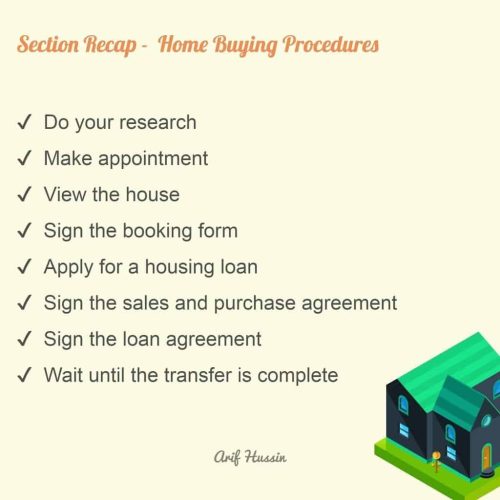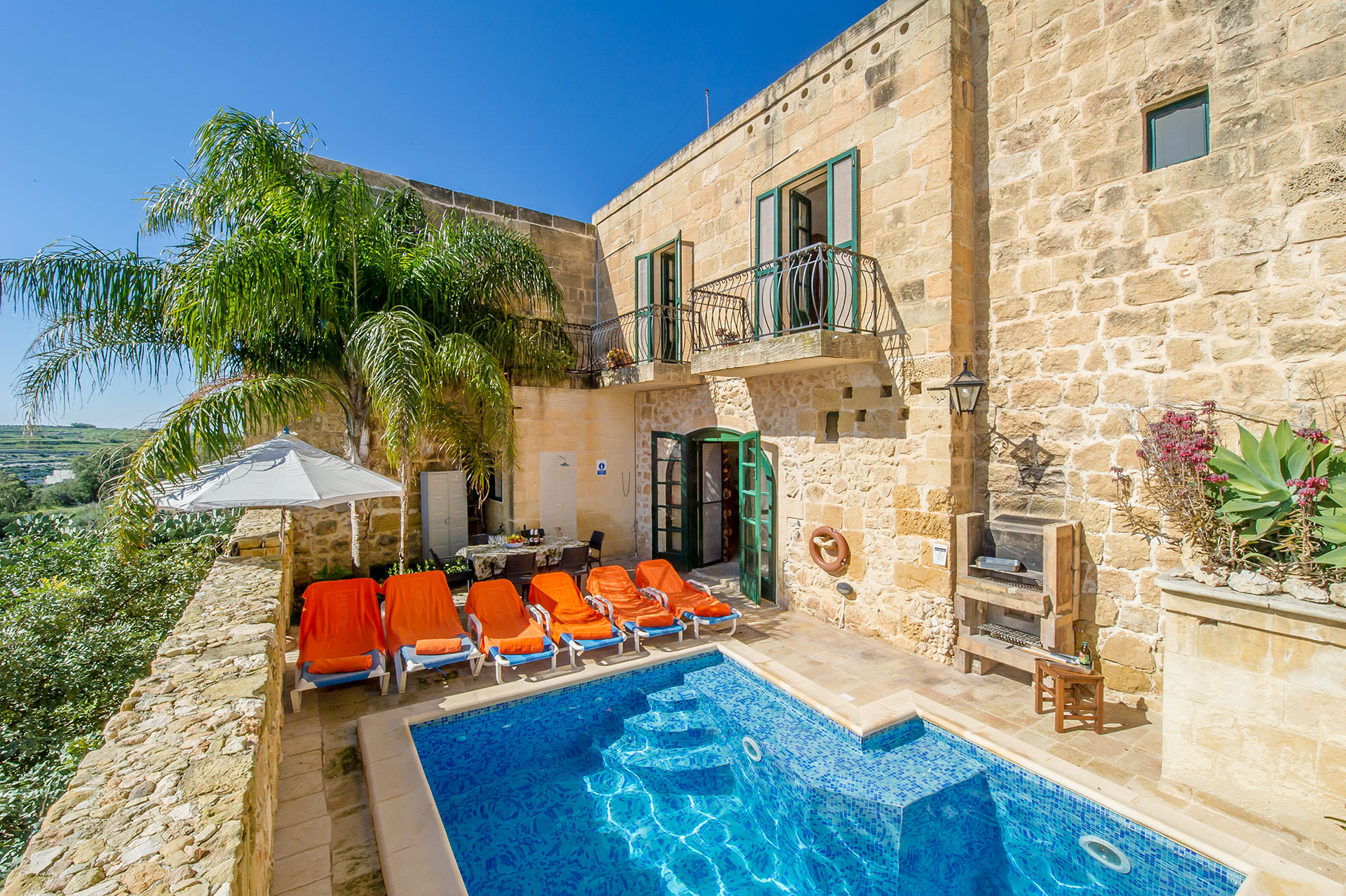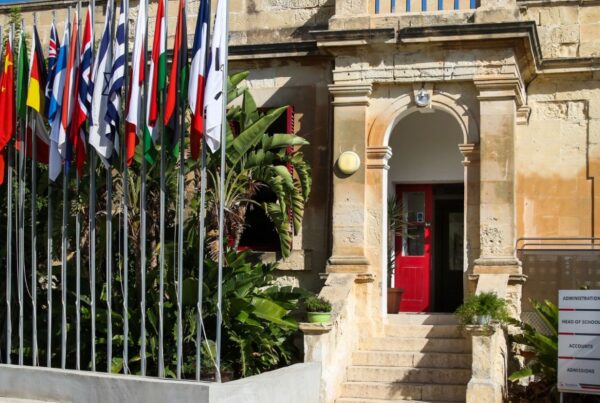 如果您点击这里,此页面将被翻译成中文。
如果您点击这里,此页面将被翻译成中文。
 如果您点击这里,此页面将被翻译成中文。
如果您点击这里,此页面将被翻译成中文。
 如果您点击这里,此页面将被翻译成中文。
如果您点击这里,此页面将被翻译成中文。
 如果您点击这里,此页面将被翻译成中文。
如果您点击这里,此页面将被翻译成中文。
Buying property in Malta as a second home, retirement residence.
Investing in property in Malta for purposes such as a second home, retirement residence, or holiday accommodation presents an enticing opportunity. With its island lifestyle, delightful Mediterranean climate, and breathtaking beaches and coastlines, Malta offers a desirable living environment.
Moreover, one significant advantage is the possibility to pursue Maltese residency and eventually citizenship through the Maltese Citizenship by Naturalisation for Exceptional Services by Direct Investment Program. This program stands as the sole scheme of its kind in Europe that remains accessible to non-EU applicants.
However, akin to considering Stamp Duty and solicitor’s charges when purchasing a home in the UK, it’s crucial to comprehend all the expenses associated with buying a property in Malta and how they might impact your residency status.
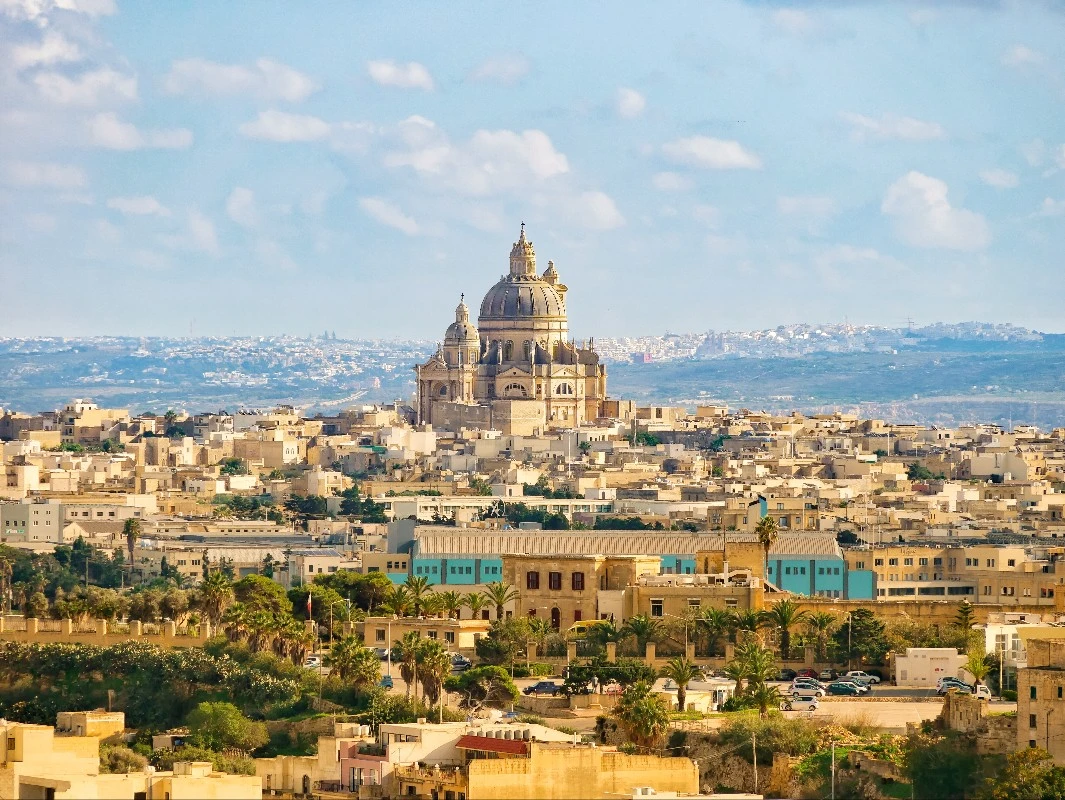
Regulations for Foreign Nationals Purchasing Property in Malta
Let’s begin with the legal considerations, as your eligibility to purchase property may vary depending on the location and the purpose for which you intend to use the property—whether it’s a holiday home, an investment for rental purposes, or a permanent residence.
Many foreign buyers in Malta gravitate towards properties in Special Designated Areas (SDAs). These areas allow foreign nationals to acquire property without constraints, including the option to purchase multiple properties for investment or rental purposes.
However, purchasing a property outside an SDA is more intricate, though not insurmountable. In such cases, obtaining an Acquisition of Immovable Property (AIP) permit becomes mandatory for third-country nationals. This permit is essential for purchasing immovable property outside of designated zones.
As a non-EU citizen, you are restricted to owning only one property outside an SDA, and you must hold a valid AIP permit. Additionally, the property must be intended for your personal occupancy. The processing time for an AIP permit is typically around 35 days, provided it is approved, and there’s an application fee of €233 (£201).
UK expatriates residing in Malta for at least five years are exempt from the AIP permit requirement. However, they are still limited to owning only one property, which must serve as their primary residence.
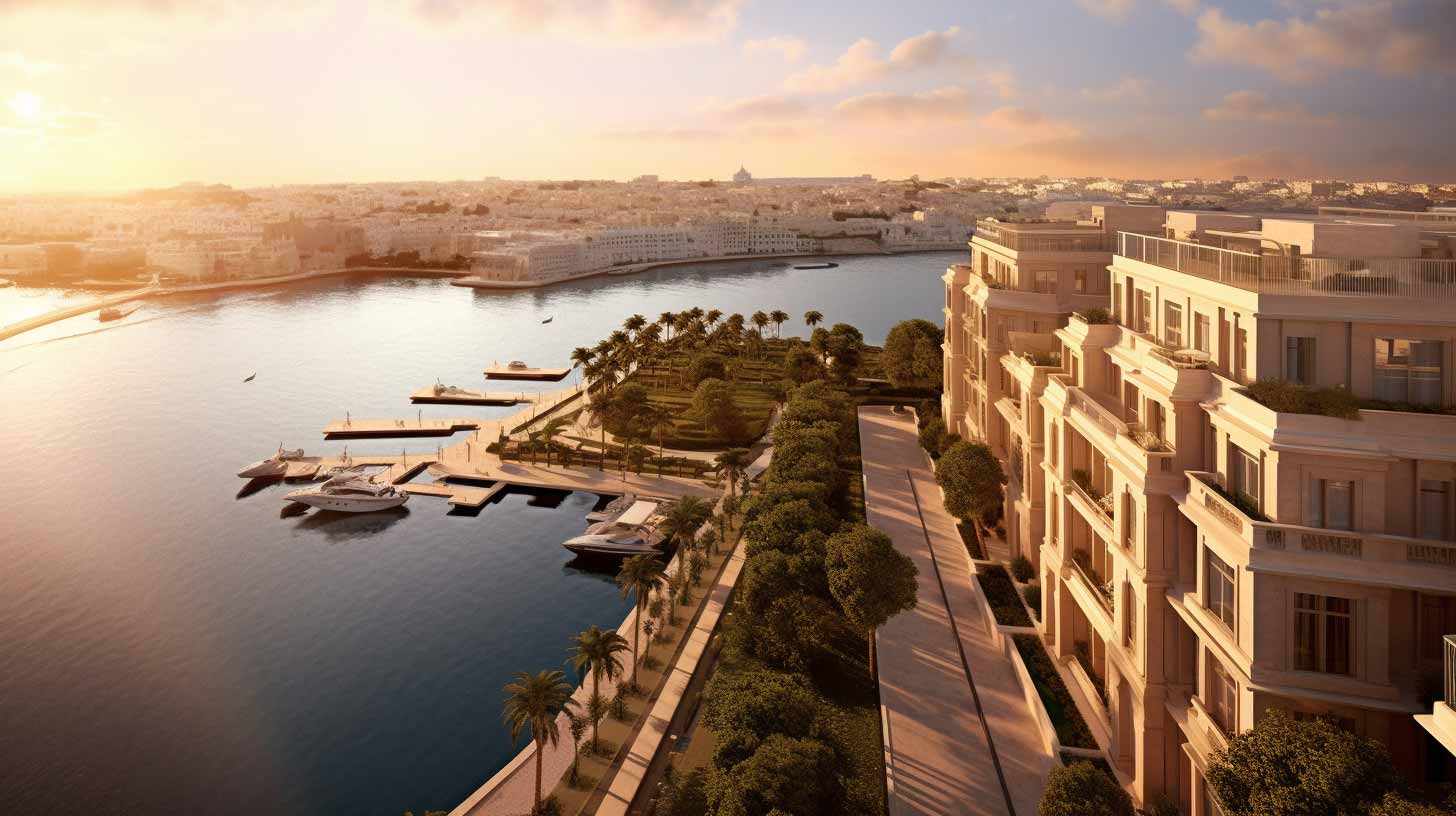
Average Expenses Associated with Purchasing Property in Malta
These Special Designated Areas (SDAs) are home to numerous properties tailored to the preferences of the expatriate community, featuring luxury developments complete with amenities such as private parking, swimming pools, concierge services, and more.
Many foreigners opt to invest in properties within these zones. Ownership grants the flexibility to lease the property when not in use, and there are no restrictions on the number of properties one can purchase. Additionally, properties in these areas often yield high returns due to their modern design, convenient locations, and premium amenities.
However, if your preference leans towards traditional Maltese architecture, you may need to explore areas beyond the SDAs and budget for the time and expenses associated with the AIP permit application process. Throughout the Maltese islands, you’ll find historic houses and restored terraced houses, albeit with the limitation of owning only one property. Below, we’ve provided an overview of average property prices per square meter in some of the most sought-after areas in Malta:
| Area | Price Per Square Metre for a Central Property | Price Per Square Metre for a Property Further Out |
| San Gwann | €4,000 | €2,500 |
| Sliema | €4,975 | €4,000 |
| St Julian’s | €4,467 | €4,353 |
| Swieqi | €4,750 | €3,750 |
There are SDA developments in most areas, such as Portomaso in St Julian’s, Tigne Point in Sliema and Fort Chambray in Gozo.
Extra Expenses Related to Owning Property in Malta
In addition to the property’s purchase price, you should also consider budgeting for notary fees, property registration charges, and property taxes. While the seller typically covers the agent’s fees, the average costs for the buyer are as follows:
– Stamp Duty charges payable upon completion: 5% of the purchase price.
– Notary fees: approximately 1% to 3% of the transaction cost.
– Searches and registration fees: around €600 (£518).
Stamp Duty is calculated at 5% of the value of any immovable property purchased. You pay 1% of the tax when signing the preliminary agreement, known as a Promise of Sale, and settle the balance when signing the final deed.
A registered notary public conducts searches, verifies the details in the purchase contracts, and conducts due diligence on behalf of the client. They typically charge a percentage of the purchase value and handle tasks such as registering the sale with the Land Registry.
Buyers may also need to allocate funds for architect’s fees. Architects serve as surveyors, inspecting Malta real estate to identify any structural defects buyers should be aware of. An architect’s survey report is often required when applying for a bank loan to proceed with a Maltese property purchase, with fees averaging up to €500 (£432).

The Steps Involved in Purchasing Property in Malta
Malta’s real estate market is robust, with numerous real estate agents available, some specializing in citizenship by investment applications. A reputable Maltese agent can suggest properties meeting your criteria, ensuring they meet the minimum value required for citizenship eligibility.
British expatriates aiming for Malta’s citizenship program must purchase a property valued at €600,000 (£518,000) or higher, or €700,000 (£604,000) or more for expedited processing.
Here’s a simplified guide to the property purchasing process:
1. Engage an experienced real estate agent.
2. Select an architect for structural surveys.
3. Hire a notary public to draft the Promise of Sale and validate legal title deeds.
4. Agree on the purchase price and sign the Promise of Sale.
5. Finalize the deed of sale, with all payments settled.
With a good understanding of the process and appropriate financial and real estate advice, purchasing property in Malta is typically straightforward, ensuring timely possession of your second home or retirement residence.
For further assistance on property acquisition in Malta, eligibility for citizenship by investment, or structuring finances before an international relocation, reach out to Chase Buchanan Wealth Management. Our Maltese team, based in St Julian’s, provides tailored expertise at every stage.
